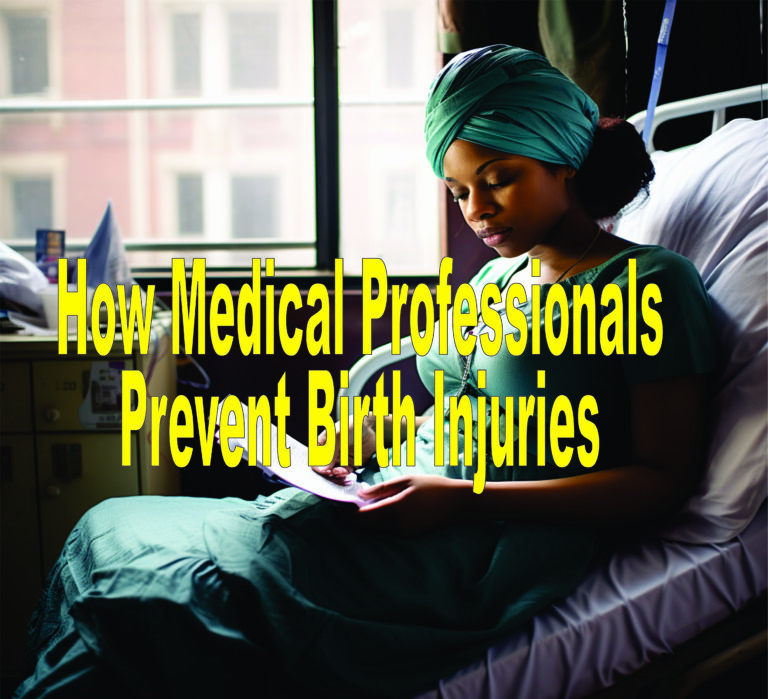7 Medications That Many Pregnant Women Take

Last Updated on January 18, 2024 by Lori Pace
It’s common for women to take medication during pregnancy, and we shall explore seven medications that are commonly taken, but are all medications safe to take?
As someone who is carrying a new human being inside you, knowing the answer to that question is obviously paramount. You need to ensure that any medication you take is safe for you and for your unborn baby.
Let’s begin by looking at some of the most common medications taken during pregnancy.
1. Prenatal Vitamins
Pregnant women often take prenatal vitamins. These are packed with crucial nutrients such as folic acid, iron, calcium, and DHA.
Folic acid aims to prevent birth defects in the baby’s brain and spine, while iron assists with increasing blood volumes, and DHA aids in boosting the baby’s brain development.
2. Over-the-counter Pain Relievers
Many pregnant women use over-the-counter pain relievers, such as acetaminophen products, for temporary relief from minor aches and pains.
However, it is important to note that not all over-the-counter pain relievers are considered safe during pregnancy. For example, ibuprofen is typically not recommended due to the potential risks it may pose.
Furthermore, it has recently been discovered that Tylenol, an acetaminophen product that was regarded as a safe pain reliever for women during pregnancy, is linked to specific developmental disorders, particularly ADHD and autism.
As a result, many lawsuits are underway. You can learn more here about Tylenol autism lawsuit news. Though, it is important to mention that other products containing acetaminophen are completely safe for most pregnant women to take.
3. Antibiotics
Sometimes, infections may occur during pregnancy, warranting the need for antibiotics. Prescribed by healthcare professionals, antibiotics can play an essential role in combating harmful bacteria.
Common antibiotics taken during pregnancy include penicillin and cephalosporin.
4. Antacids
Pregnancy not only often causes anxiety and stress. It also often brings about issues of heartburn and indigestion due to hormonal changes.
To alleviate these uncomfortable symptoms, antacids like Tums or Maalox are often taken. They neutralize stomach acid. However, you should avoid antacid products that contain aluminum because they can result in constipation.
5. Antiemetics
Morning sickness is a notorious discomfort associated with pregnancy. To help manage nausea and vomiting, antiemetics, or anti-nausea drugs, are occasionally prescribed.
Medicines like doxylamine combined with vitamin B6 are commonly suggested for their safety profile during pregnancy.
6. Progesterone
In certain circumstances, progesterone might be prescribed during early pregnancy stages. This hormone aids in maintaining the uterus lining where your baby grows.
7. Iron Supplements
Iron supplements are often vital during pregnancy because iron aids in the production of hemoglobin and amniotic fluid while supporting placental function.
Are the Above Medications Safe?
While the medications listed above are typically safe for use during pregnancy, it’s essential to remember that everyone’s body reacts differently. Therefore, what may be safe and effective for one individual might not yield the same results for another.
Always consult your doctor or another healthcare professional before starting, stopping, or changing any medicine regimen while pregnant. A medical professional can provide personalized advice; considering your health history and the specific characteristics of your pregnancy.
Unsafe Medications
Some medications should generally be avoided during pregnancy due to potential risks to the developing fetus.
We have already mentioned the dangers of Tylenol. We have also mentioned that non-steroidal anti-inflammatory drugs like ibuprofen can potentially cause defects or complications when taken during certain stages of pregnancy.
Well, certain antibiotics (like tetracycline) and certain antidepressants (like Paroxetine) are other examples of medicines that pregnant women should steer clear of. Also, most prescription acne medications (including isotretinoin) have been found to be harmful to pregnant women.
However, every pregnancy is unique. Just make sure that you always consult with a healthcare professional before taking any medication. You and your unborn child can then stay safe.








